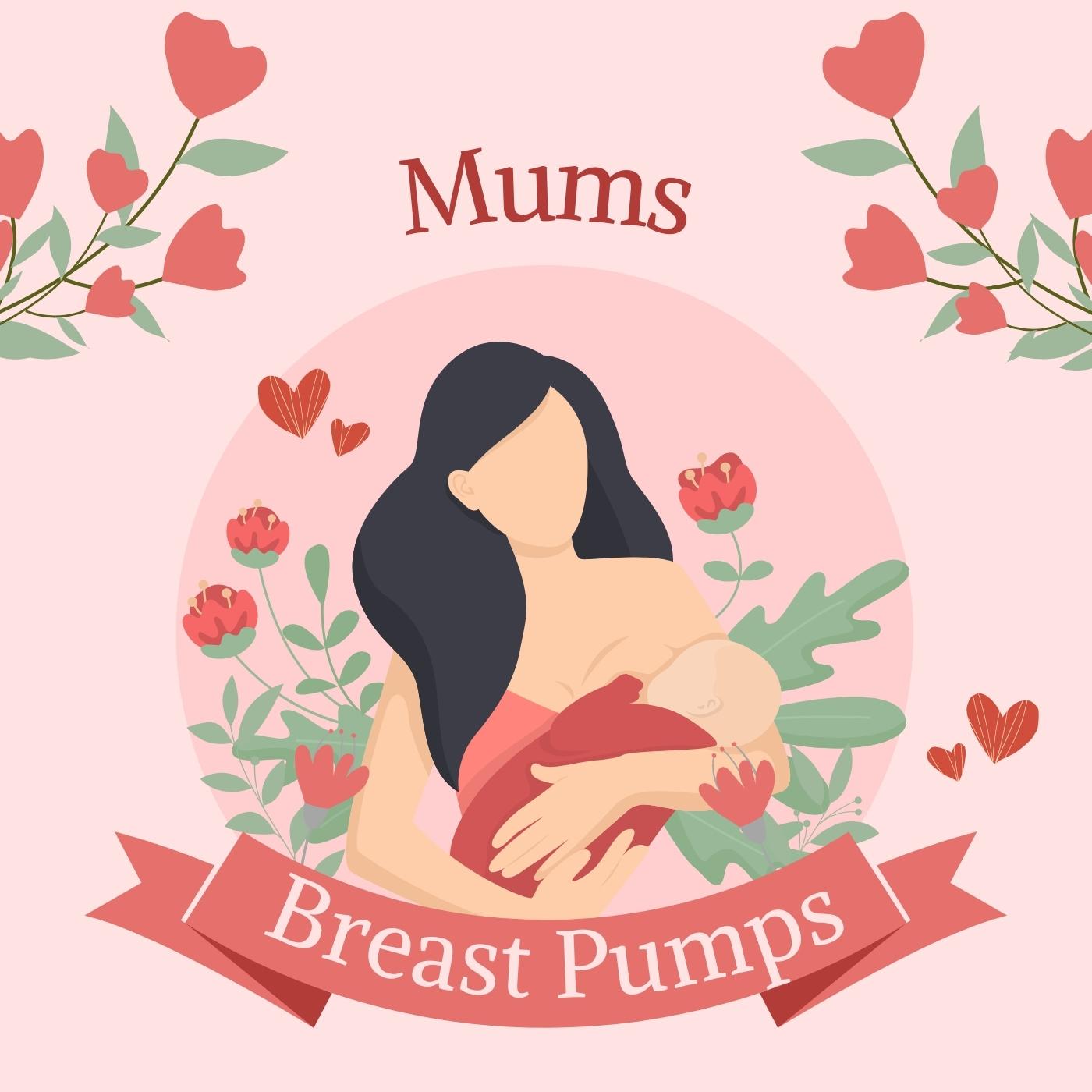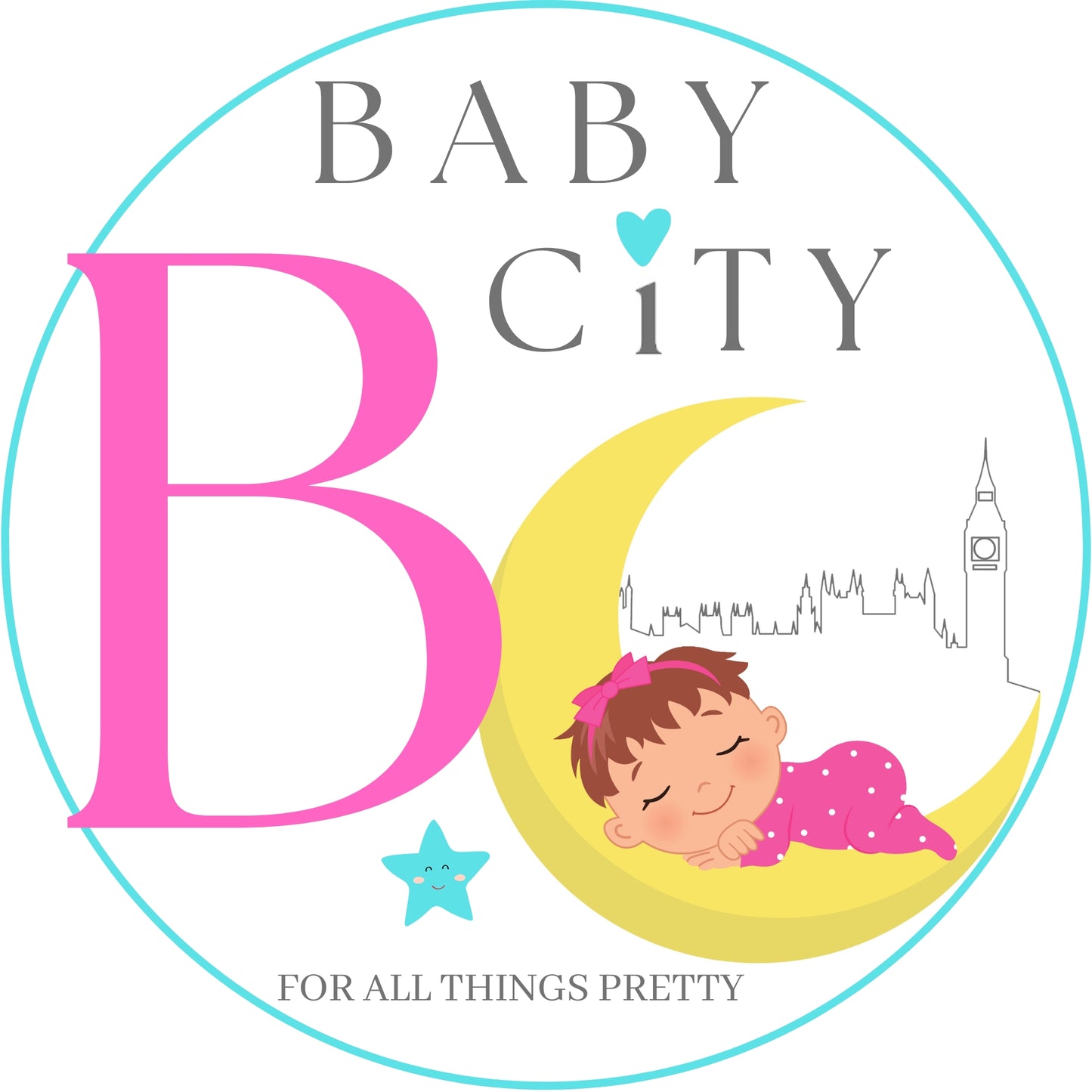
Breastfeeding is a wonderful way to give your baby the best start in life. But, for many new mothers, it can be challenging or even impossible to be with their baby at all times, especially for working moms. Breast pumps are an essential tool for nursing moms who want to continue breastfeeding while being away from their babies. The market is full of different types of breast pumps, each with their own features and benefits. But with so many options, how do you know which one to choose? This guide will provide you with all the information you need to make an informed decision when it comes to selecting a breast pump. We'll discuss the different types of pumps, how they work, and the pros and cons of each. So, whether you're a first-time mother or a seasoned pro, read on to learn everything you need to know about breast pumps before making your purchase.
1. Introduction to breast pumps
For new mothers, breastfeeding is an essential way to provide their babies with the necessary nutrients for growth and development. However, there are situations where breastfeeding may not be possible or convenient. This is where breast pumps come in. A breast pump is a device that helps mothers express milk from their breasts, which can then be stored and fed to their babies later on.
There are different types of breast pumps available on the market, each with its own unique features and benefits. Some are manual, while others are electric or battery-operated. Some are designed for occasional use, while others are suitable for frequent and long-term use. It's important to choose the right type of breast pump based on your individual needs and lifestyle.
Breast pumps can be a lifesaver for working mothers who want to continue providing breast milk for their babies, for mothers who are experiencing difficulty with breastfeeding, or for those who simply want to build up a supply of breast milk for their babies to have when they are away. In this guide, we will take a closer look at the different types of breast pumps available, how to use them, and what to consider before making a purchase.
2. Why and when do you need a breast pump?
Breast pumps are an essential tool for breastfeeding mothers. There are many reasons why a mother may need to use a breast pump, such as returning to work, traveling, or experiencing difficulties with nursing. Breast pumps allow mothers to express breast milk and save it for later use, ensuring that their baby receives optimal nutrition even when they are not physically present.
Additionally, breast pumps can serve as a relief for engorgement and other issues that may arise during breastfeeding. It's important to understand the different types of breast pumps available on the market, including manual pumps, electric pumps, and hospital-grade pumps, and choose the one that best suits your needs. Some mothers may require a more powerful pump, while others may only need a simple manual pump. It's important to consider the frequency and duration of use when choosing a breast pump, as well as factors like portability and ease of cleaning. By understanding why and when you need a breast pump, you can make an informed decision and ensure that you have the best possible breastfeeding experience.
3. Types of breast pumps
Breast pumps come in a variety of types, each designed to cater to different needs and preferences. The three main types of breast pumps are manual, electric single, and electric double.
Manual breast pumps are operated by hand and require more effort and time to use than electric pumps. However, they are smaller and more affordable, making them a great option for moms who only need to pump occasionally.
Electric single breast pumps are powered by electricity and are designed to pump one breast at a time. They are a great choice for moms who need to pump regularly and want a more efficient and convenient option than manual pumps.
Electric double breast pumps, as the name suggests, enable moms to pump both breasts at the same time. They are fast, efficient, and comfortable, making them an ideal choice for moms who need to pump frequently or have twins.
It's important to carefully consider your needs and preferences when choosing the type of breast pump that's right for you. Take into account factors such as how often you plan to pump, whether you'll be pumping at home or on-the-go, and your budget. By selecting the right type of breast pump, you'll be able to express milk comfortably and efficiently, making the experience as stress-free as possible.
4. Manual breast pumps
Manual breast pumps are another option to consider when looking for a breast pump. These pumps are operated by hand and require the user to manually pump the handle to express milk. While they may require more effort and time compared to electric pumps, they offer several benefits.
One of the primary benefits of manual breast pumps is their portability. They are small, lightweight, and easy to carry in a diaper bag or purse. They are also silent, making them a great option for moms who want to pump discreetly or without disturbing others around them.
Manual pumps also tend to be more affordable than electric pumps, making them a budget-friendly option for moms who want to express milk occasionally or who are on a tight budget. They are also easy to clean and assemble, with fewer parts than electric pumps.
One thing to keep in mind when considering a manual breast pump is that they may not be as efficient at expressing milk compared to electric pumps. For moms who need to pump frequently or want to build up a supply of breast milk, an electric pump may be a better option.
Overall, manual breast pumps are a great option for moms who want a portable and budget-friendly option for occasional pumping. While they may require more effort and time, they offer several benefits and can be a great tool for breastfeeding moms.
5. Electric breast pumps
Electric breast pumps are a popular option for many mothers, especially those who plan on pumping regularly or exclusively. They are powered by electricity and are able to extract milk quickly and efficiently. They come in two main types: single and double.
Single electric breast pumps are designed to pump one breast at a time, while double electric breast pumps allow you to pump both breasts simultaneously. Double electric pumps are ideal for mothers who want to pump more milk in less time, as they are able to extract milk from both breasts at once.
Another advantage of electric breast pumps is that they offer adjustable suction levels and cycling speeds. This means that you can customize the settings to suit your individual needs and preferences, making the pumping experience more comfortable and efficient.
However, electric breast pumps can be expensive and may not be as portable as manual pumps. They also require a power source, which can be a challenge if you need to pump on the go. Some models come with rechargeable batteries or car adapters, which can help to address this issue.
When choosing an electric breast pump, it's important to consider your needs and preferences, as well as the portability, noise level, and ease of use of the pump. You may also want to consider whether the pump comes with additional features, such as a carrying case, extra bottles, or a breast shield sizing kit. By doing your research and selecting the right pump for you, you can make the pumping experience as comfortable and efficient as possible.
6. Battery-operated breast pumps
Battery-operated breast pumps can be a great option for mothers who need to pump frequently but don't have access to a power outlet. These pumps are portable and allow for pumping on the go, making them ideal for moms who are always on the move.
One of the key benefits of battery-operated breast pumps is that they are quiet and discreet. This is particularly important for moms who need to pump in public or in an office environment. With a battery-operated pump, you can pump discreetly without drawing too much attention to yourself.
Another advantage of battery-operated breast pumps is that they are often more affordable than electric pumps. This makes them a great option for moms who are on a tight budget but still need to pump regularly.
However, it's important to keep in mind that battery-operated pumps may not be as powerful as electric pumps, and may not be as efficient at emptying the breast. If you plan on using a battery-operated pump frequently, you may want to consider investing in a high-quality model to ensure that you are able to pump effectively and efficiently.
Overall, battery-operated breast pumps can be a great choice for moms who need a portable, affordable, and discreet pumping option. Be sure to do your research and choose a pump that meets your specific needs and preferences.
7. Hospital-grade breast pumps
If you're a new mother and plan on exclusively pumping or have trouble breastfeeding, then a hospital-grade breast pump may be the perfect solution for you. These pumps are designed to be more powerful than other breast pumps, and they are typically used in hospitals or medical settings.
One of the biggest advantages of using a hospital-grade breast pump is that they can help stimulate milk production, which can be especially helpful if you're having trouble producing enough milk. Additionally, these pumps are designed to be used multiple times a day and for extended periods of time, so they're ideal for moms who need to pump frequently or have a demanding pumping schedule.
Keep in mind that hospital-grade breast pumps tend to be more expensive than other types of pumps, but they're often covered by insurance. If you plan on using a hospital-grade pump, be sure to speak with your healthcare provider or insurance company to determine your coverage options.
Overall, if you're a mother who needs to pump frequently or has trouble breastfeeding, a hospital-grade breast pump can be a great investment. It's important to do your research and choose a pump that's right for you and your individual needs.
8. How to choose the right breast pump for you
Choosing the right breast pump can make a world of difference in your breastfeeding journey. There are several factors to consider when selecting the right breast pump for you.
Firstly, consider how often you will need to use the breast pump. If you will be pumping frequently, it may be worth investing in a high-end electric pump that can extract milk quickly and efficiently. On the other hand, if you will only be pumping occasionally, a manual pump may suffice.
Another factor to consider is the level of comfort the breast pump provides. Some breast pumps have adjustable suction levels and flange sizes to ensure a comfortable and customizable pumping experience. It%u2019s important to note that every woman%u2019s breasts are different, and a pump that works for one woman may not work for another.
Portability is also a key factor to consider. If you plan on using the breast pump while on-the-go or at work, a portable pump that is lightweight and easy to carry may be the best option.
Finally, consider the cost of the breast pump. While some high-end electric pumps can be quite expensive, there are affordable options available that can still provide a comfortable and efficient pumping experience.
Overall, when choosing a breast pump, it%u2019s important to consider your personal needs and preferences to ensure a successful breastfeeding journey.
9. Factors to consider before buying a breast pump
Before buying a breast pump, there are several factors to consider, including your lifestyle, your budget, your frequency of pumping, and your personal preferences.
Firstly, consider your lifestyle. Do you plan on pumping exclusively or only occasionally? Will you be using the pump at home or on-the-go? If you plan on pumping frequently or while you're out and about, a portable, battery-powered option might be the best choice for you.
Secondly, consider your budget. Breast pumps can range from very affordable manual pumps to high-end electric models with all the bells and whistles. Determine how much you're willing to spend and choose a pump that fits within your budget.
Thirdly, consider your pumping frequency. If you plan on pumping several times a day, you'll want a pump that is both efficient and comfortable. Look for models with adjustable suction and speed settings.
Lastly, consider your personal preferences. Do you want a pump that is quiet and discreet? Or do you prioritize speed and efficiency above all else? Do you want a pump that is easy to clean and maintain? By considering these factors before making your purchase, you'll be able to choose a breast pump that meets your specific needs and helps make your breastfeeding journey as smooth and comfortable as possible.
10. Care and maintenance of breast pumps
Breast pumps are an essential tool for nursing mothers, but taking care of them can be a bit tricky. Proper care and maintenance of breast pumps are critical for both the pump's longevity and ensuring that the milk expressed using the pump is safe for consumption. Here are some tips to help you care for and maintain your breast pump:
1. Clean your pump after every use - After each use, disassemble the pump and clean all the parts that come in contact with your milk. Use warm, soapy water and a bottle brush to scrub the pump parts. Rinse them thoroughly and let them air dry.
2. Sterilize your breast pump - It's important to sterilize your breast pump at least once a day to kill any bacteria that may have lingered. You can do this by boiling the pump parts in water for about 10 minutes.
3. Replace worn out parts - Over time, the pump's parts may become worn out and need to be replaced. Check your pump's instruction manual to see how often you should replace the parts.
4. Store your pump properly - Store your pump in a clean, dry place when not in use. Keep it away from pets and children.
By following these tips, you can ensure that your breast pump stays in good condition, and you can continue to use it safely and efficiently.
11. Conclusion and final thoughts on breast pumps.
In conclusion, breast pumps are essential tools for nursing mothers. They offer many benefits, including convenience, flexibility, and the ability to provide breast milk to your baby even when you're not physically present. Before purchasing a breast pump, it's important to consider your individual needs, budget, and lifestyle. You should choose a pump that is comfortable, efficient, and easy to use, and that meets your specific pumping needs. With so many breast pump options available on the market, it can be overwhelming to choose the right one. However, by doing your research, reading reviews, and consulting with other mothers or healthcare professionals, you can find the perfect breast pump to meet your needs. Remember to always prioritize your comfort and convenience when selecting a breast pump, as this will help ensure that you continue to breastfeed your baby for as long as possible.

